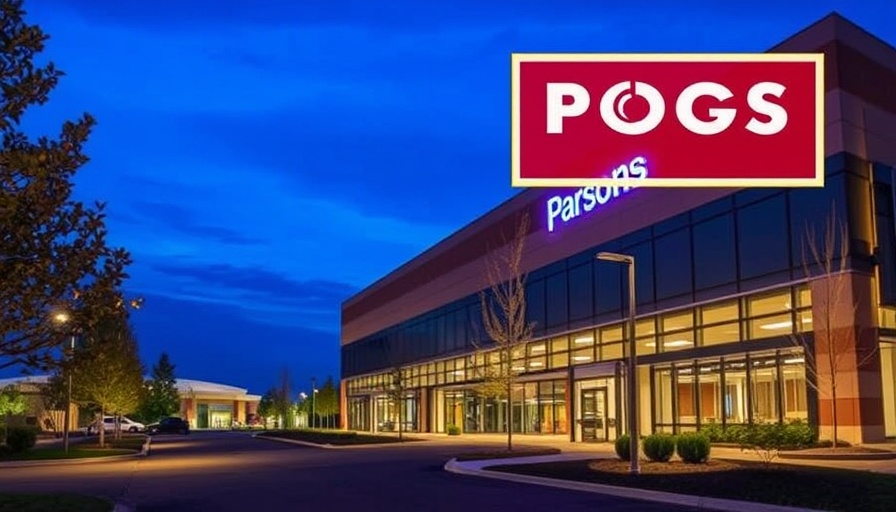
Parsons Corp.'s DEI Program: A Setback for Industry Standards?
In a surprising move that's left industry experts and advocates scratching their heads, Parsons Corporation recently decided to cut its award-winning Diversity, Equity, and Inclusion (DEI) program. This decision comes after years of effort aimed at fostering inclusivity in the construction sector—a field long criticized for its lack of diversity. The ripples of this decision could potentially impact not just the company's internal culture but the industry standards as a whole.
The Importance of DEI in Construction
The construction industry has historically struggled with inclusion; thus, DEI programs are crucial for innovation and efficiency. By bringing diverse perspectives to the table, companies are better equipped to tackle complex challenges and drive creativity. Parsons’ program stood as a beacon of progressive efforts within an often traditional landscape.
However, the recent cuts prompt an important reflection on how such initiatives are perceived within corporate strategy. Are they seen as long-term investments, or merely short-term initiatives to appease stakeholders?
Exploring the Business Case for Diversity
Growing evidence suggests that companies embracing diversity see tangible financial benefits. According to a 2019 McKinsey report, companies in the top quartile for diversity are 35% more likely to outperform their peers. Parsons’ cut thus raises red flags: it not only raises questions about their commitment to diversity but also about the long-term viability of their business strategy.
Moreover, in an innovative era where the fusion of technology and construction is key, diversity can spark the creativity needed to explore new solutions. By dismantling their DEI program, Parsons may miss out on vital opportunities to engage a broader range of talent who could contribute to smarter projects and enhanced efficiencies.
The Disconnect Between Declarations and Actions
This decision feels perplexing, particularly in light of the construction sector's ongoing challenge to attract and retain talent. A lack of inclusivity acts as a deterrent for many potential employees, particularly in the Millennial and Gen Z demographics who prioritize workplaces that reflect their values. Parsons had publicly positioned itself as a leader in the DEI arena; this reversal could harm their reputation and employee satisfaction in an age where transparency and ethics are paramount.
What Lies Ahead for Parsons?
As industry stakeholders watch Parsons' next steps, it is crucial for the company to reconsider its approach. In the current market landscape, driving project efficiency and innovation without a broad slate of ideas and perspectives may lead to stagnation. Will Parsons rebound from this strategy misstep, or will it remain an outlier in an industry under increasing pressure to adapt and embrace inclusivity?
For clients of commercial construction companies, understanding these dynamics is critical. As you engage with companies like Parsons, consider how their corporate strategies resonate with your values and project expectations. Clients have the power to demand accountability, pushing firms to adhere to higher standards of diversity and economic responsibility.
Next Steps for Industry Advocates
As this situation unfolds, industry advocates must continue to push for inclusive practices in construction. This means not only holding companies accountable but actively promoting the business case for diversity. We must demand better from our partners and suppliers; a vibrant construction industry not only benefits workers but also enriches communities and client relationships.
 Add Row
Add Row  Add
Add 




 Add Row
Add Row  Add
Add 

Write A Comment